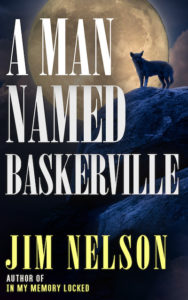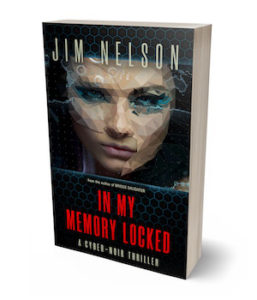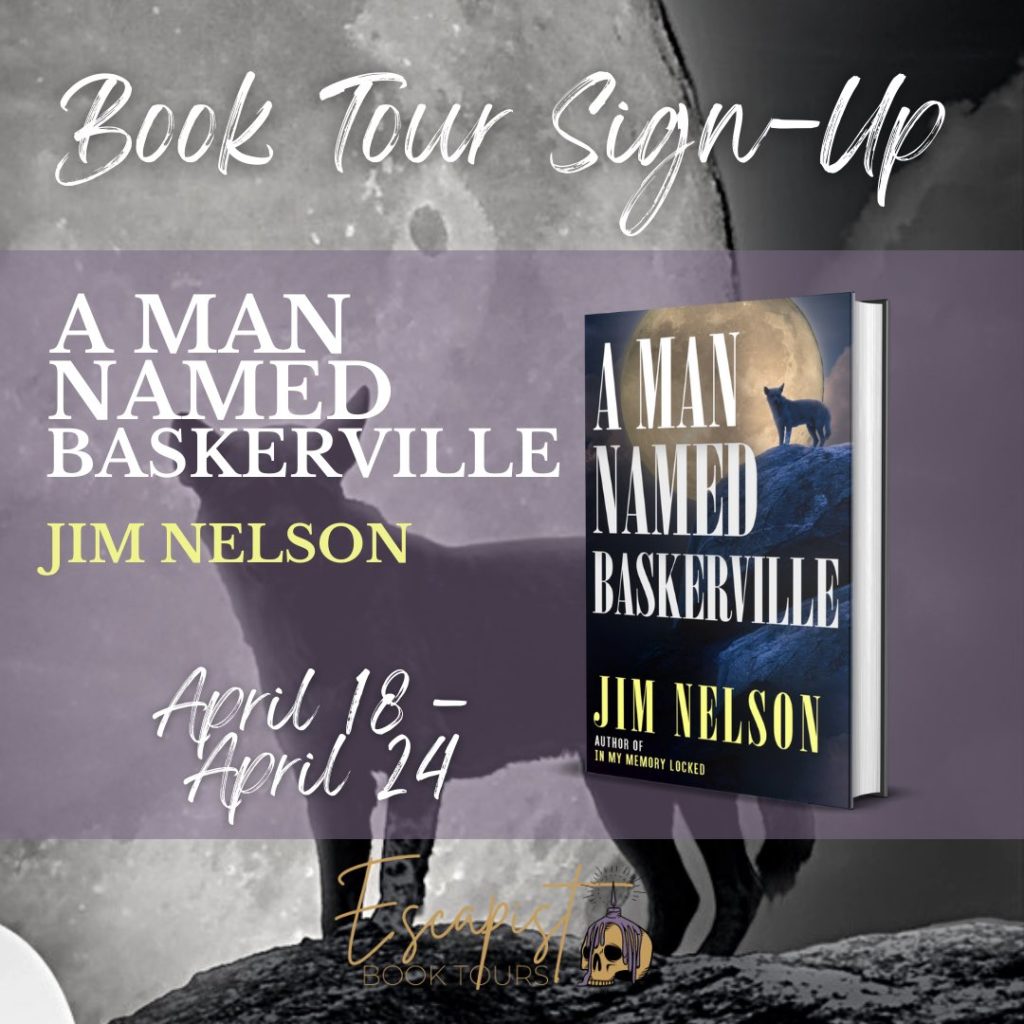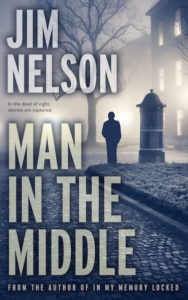I’d like to tell you about my upcoming novel, A Man Named Baskerville.
The germ for the book comes from a train trip across Japan where I had nothing to read save for a collection of Sherlock Holmes stories. From there I read The Hound of the Baskervilles and developed an idea I stored away inside my writing notebook:
What if I told Doyle’s original book from the point of view of the criminal rather than Dr. Watson?
I let this simple idea simmer for a few years before taking up the task. The result is my latest novel, due for publication this March.
To offer a taste, here’s my current back cover blurb:
He took on Sherlock Holmes and Dr. Watson, and he lost.
Now he wants revenge.
In 1888, Sherlock Holmes slayed the spectral hound haunting the Devonshire moor, thereby laying to rest the curse of the Baskervilles once and for all. The perpetrator escaped into the night and was presumed drowned, consumed by the murky bog…
In truth, the criminal mastermind survived the night to nurse his wounds and plot his revenge against Sherlock Holmes.
A Man Named Baskerville recounts the life and times of Rodger Baskerville, heir to the esteemed family’s fortune. His journal records his adventures from the Amazon rainforests to the beaches of Costa Rica to Victorian England, where he attempts to rejoin his family and take his rightful place at Baskerville Hall. Along the way, he peels back the layers of family secrets and scandals untold in Watson’s account of the demonic hound haunting the Baskervilles.
Most of all, he describes a Sherlock Holmes unlike the detective you think you know.
A Man Named Baskerville retells the infamous Arthur Conan Doyle mystery in a way like you’ve never read before. It’s a sizzling new take on a classic hailed as a masterpiece of the English language, named one of the most influential books ever by the BBC and Le Monde, and beloved by Sherlock Holmes fans worldwide for over a century.
A Man Named Baskerville is a Victorian-era novel of crime and suspense about what may be the least-understood criminal in the Sherlock Holmes canon. As Holmes said of him, “We have never had a foeman more worthy of our steel … He is a creature of infinite patience and craft, with a smiling face and a murderous heart.”
He also has a story of his own to tell, and that’s what A Man Named Baskerville is about.
If you want to be notified when the book is ready, sign up for my newsletter. Not only will you get a message when it’s ready, you’ll have a chance to buy early copies at a reduced price.
Advance readers wanted
I’m currently seeking advance readers. If you’d like to read an ARC (Advance Review Copy):
- Send me an email at jimbonator@gmail.com with the Subject: line “ARC for A Man Named Baskerville”
- I’ll send you a link to download a digital copy (in either EPUB or MOBI format)
- You read it (sooner rather than later)
- You submit an honest and personal review on its Amazon page when the book is released
And that’s all there is to it.
Note that the advance copy you receive may still have typos, small errors, etc. It will be missing the cover and the usual front and back matter. I’m now using the BookFunnel service to distribute ARCs, which should make it easy to load the book into your e-reader (or read online).
The ARC is not ready at this moment. If you email me, you should expect to receive a copy in the middle of March, about 1 to 2 weeks before the book is published.
Thank you!





